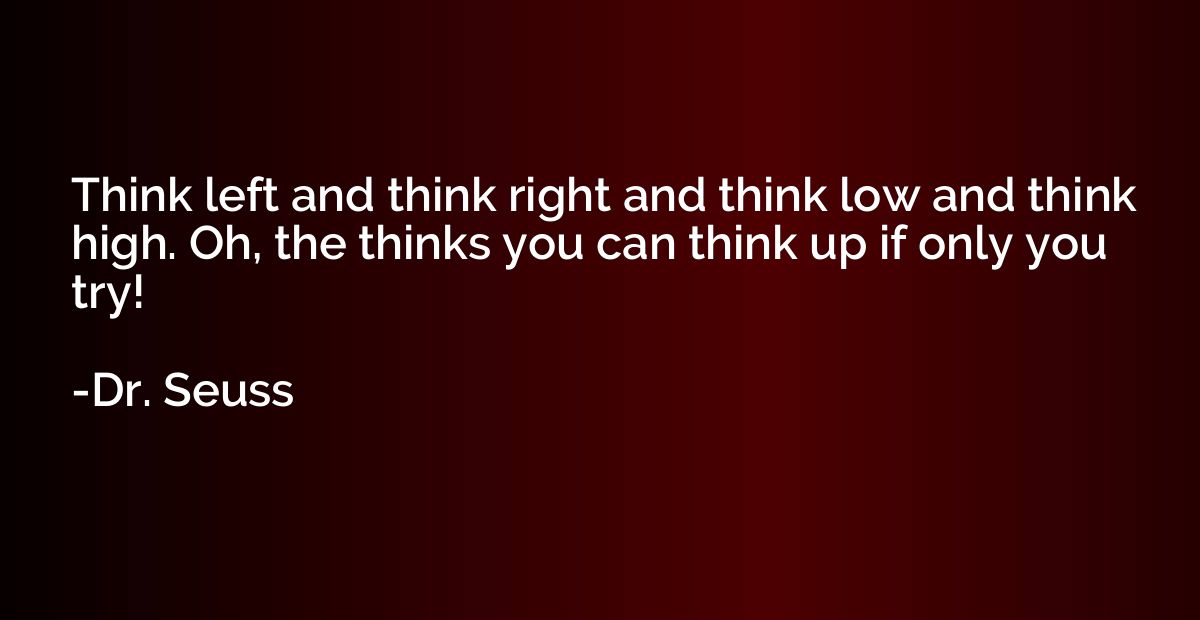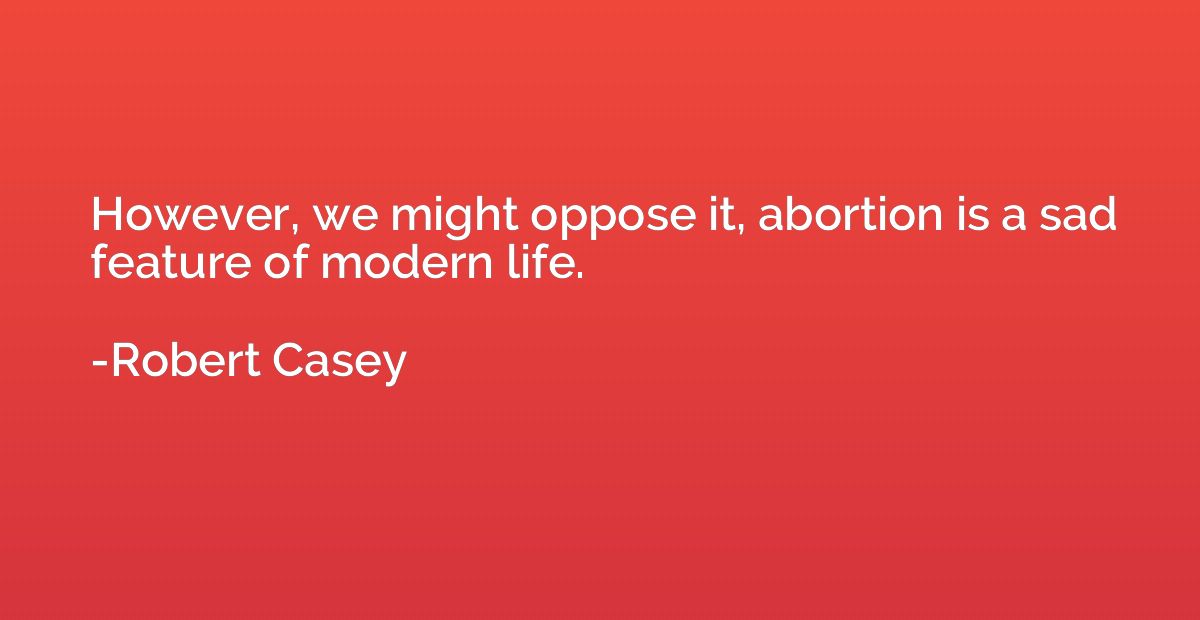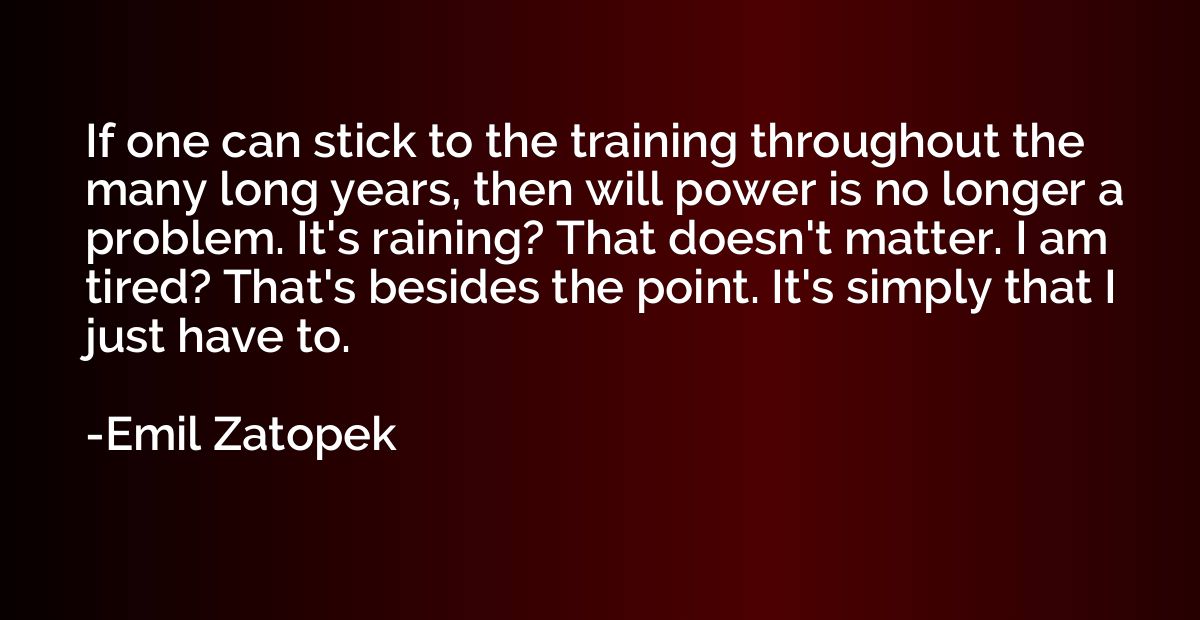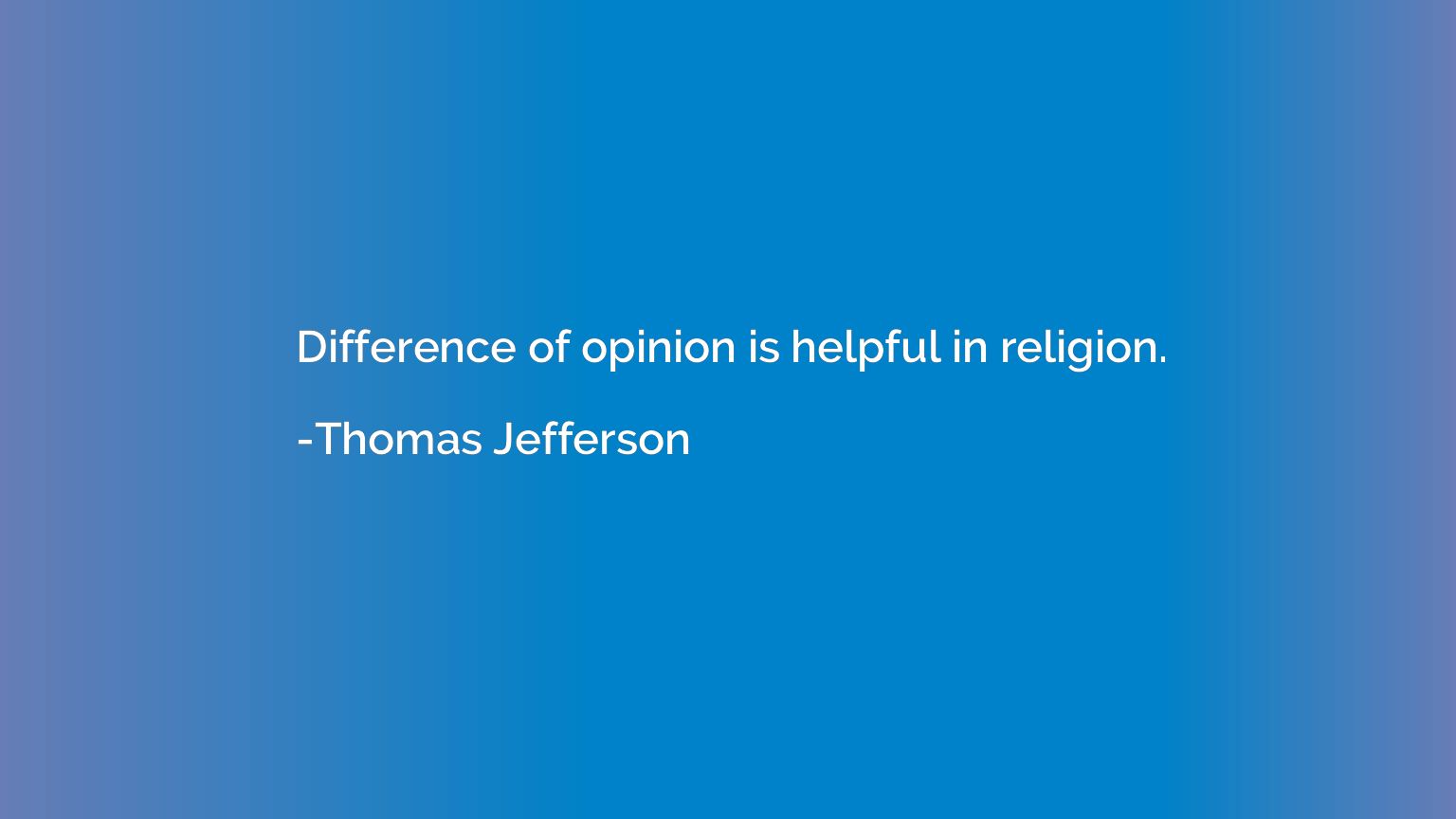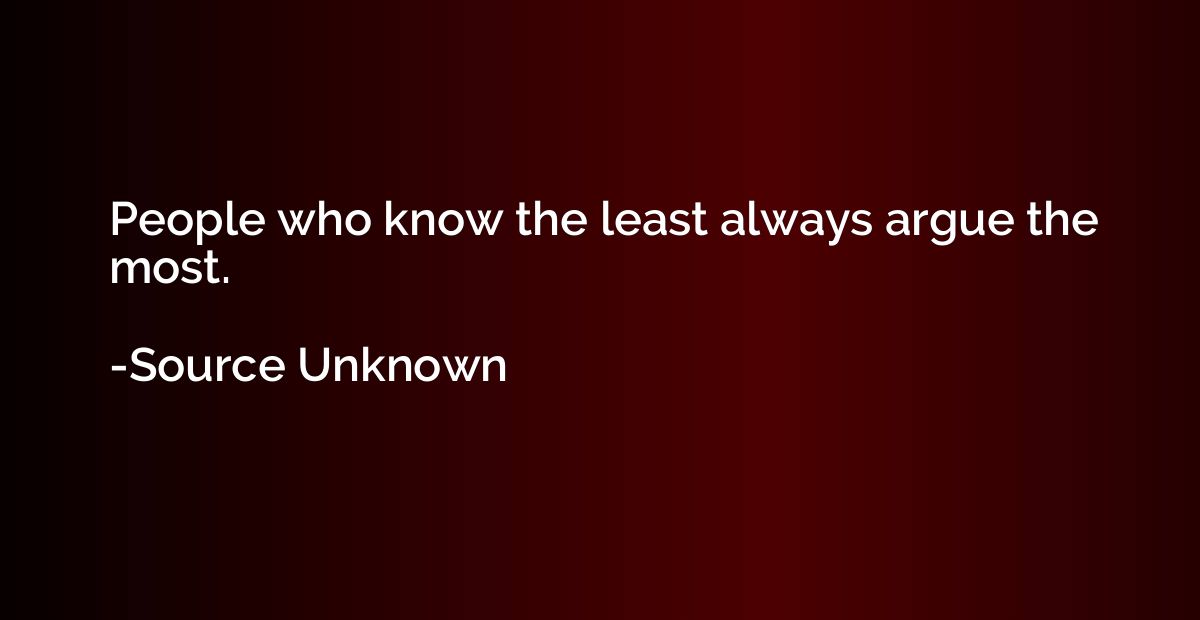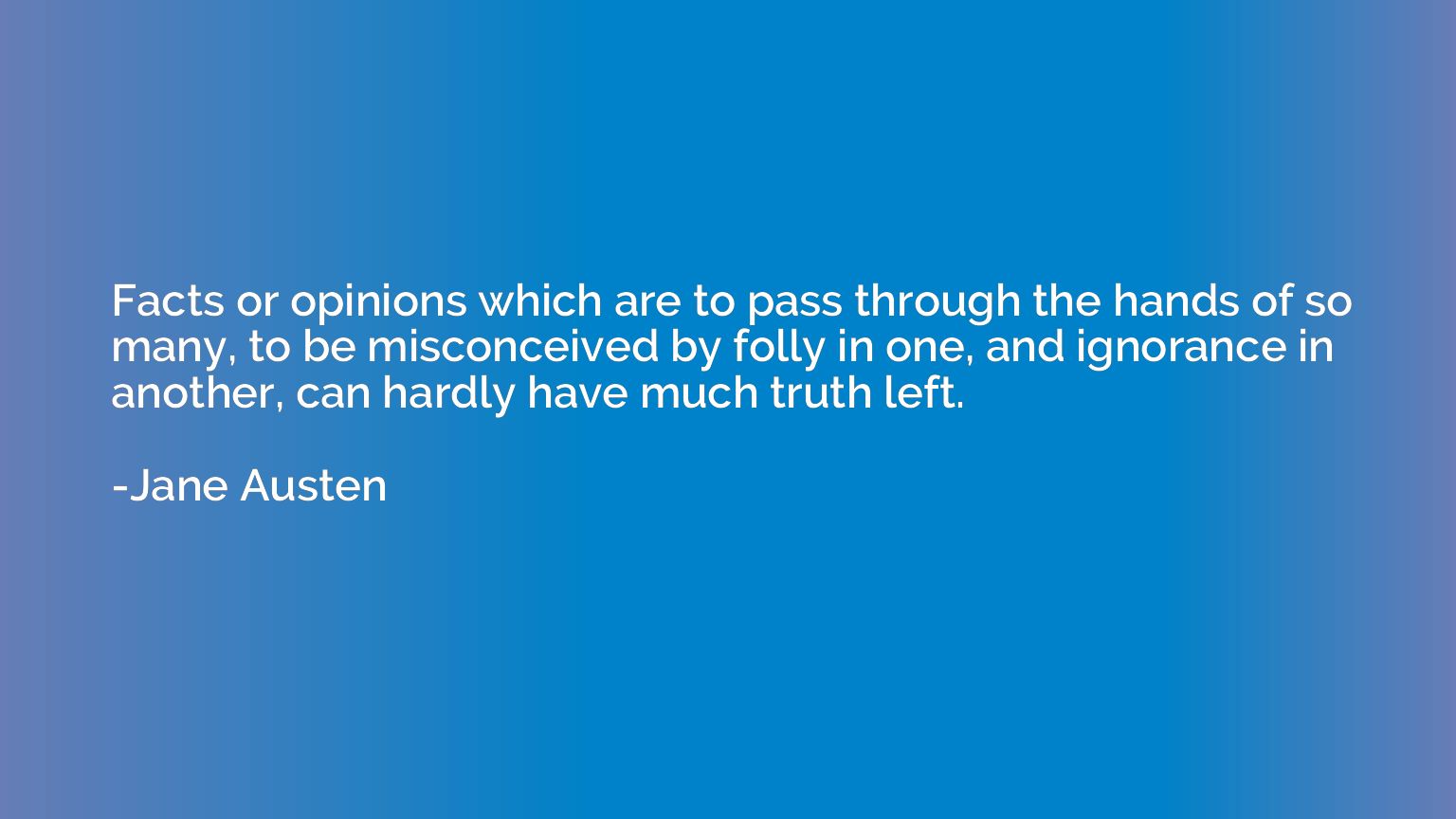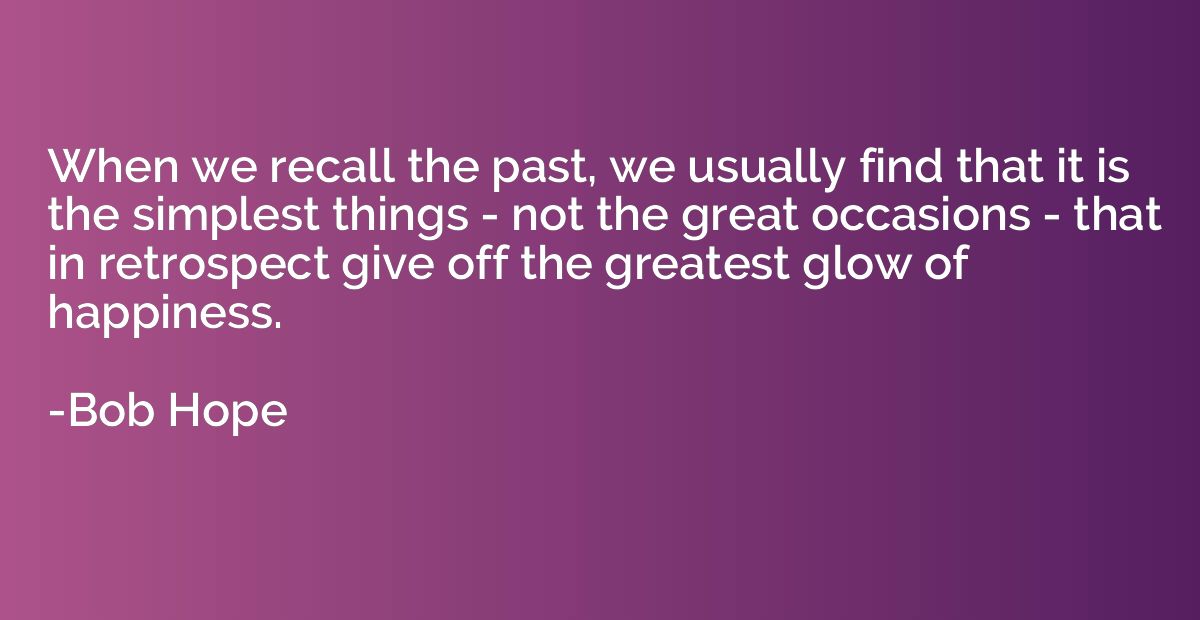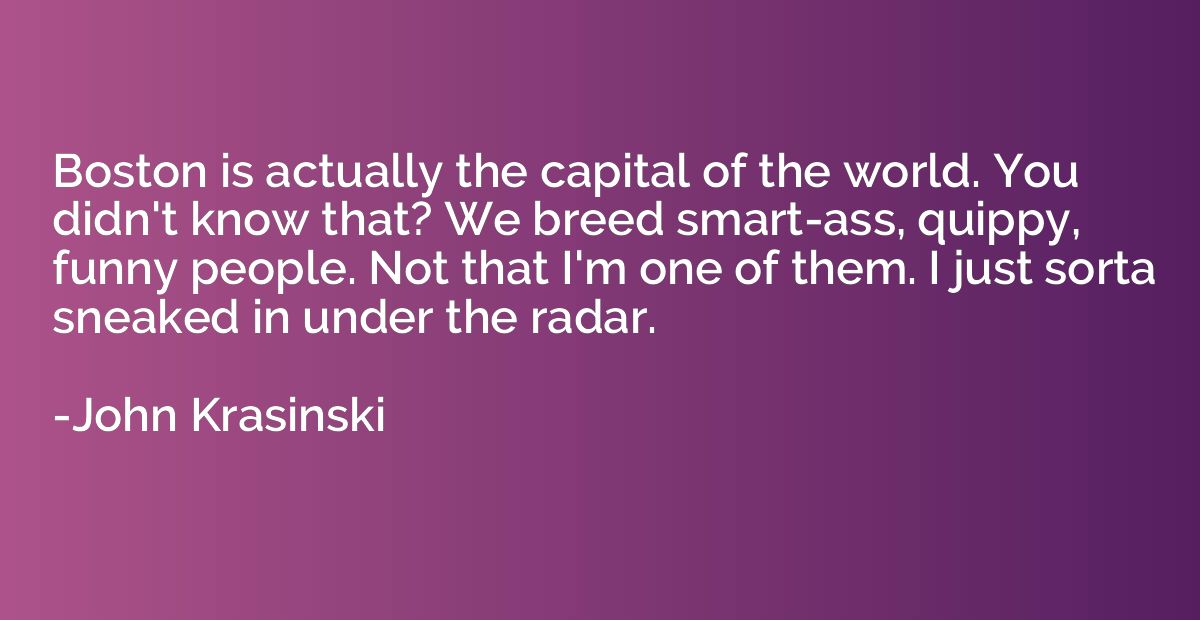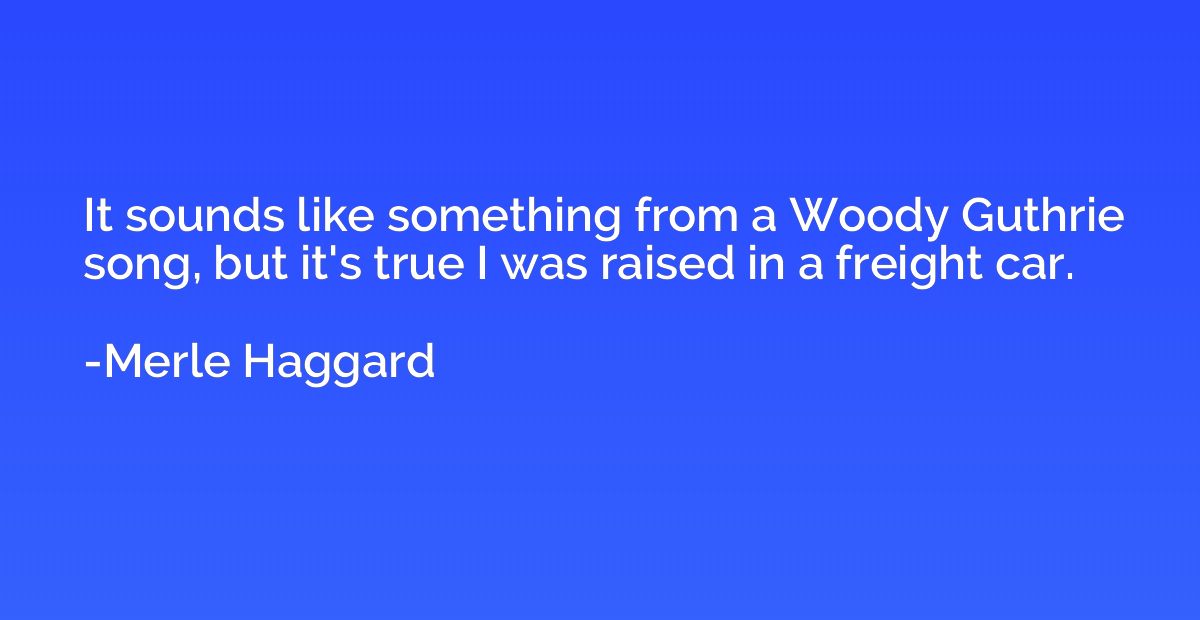Quote by Leo Tolstoy
Having learnt from experiment and argument that a stone falls downwards, a man indubitably believes this, and always expects the law he has learnt to be fulfilled.But learning just as certainly that his will is subject to laws, he does not and cannot believe it.However often experiment and reasoning may show a man that under the same conditions and with the same character he will do the same thing as before, yet when, under the same conditions and with the same character, he approaches for the thousandth time the action that always ends in the same way, he feels as certainly convinced as before the experiment that he can act as he pleases. Every man, savage or sage, however incontestably reason and experiment may prove to him that it is impossible to imagine two different courses of action in precisely the same conditions, feels that without this irrational conception (which constitutes the essence of freedom) he cannot imagine life. He feels that, however impossible it may be, it is so, for without this conceptions of freedom not only would he be unable to understand life, but he would be unable to live for a single moment.He could not live, because all man's efforts, all his impulses to life, are only efforts to increase freedom. Wealth and poverty, fame and obscurity, power and subordination, strength and weakness, health and disease, culture and ignorance, work and leisure, repletion and hunger, virtue and vice, are only greater or lesser degrees of freedom.A man having no freedom cannot be conceived of except as deprived of life.If the conception of freedom appears to reason a senseless contradiction, like the possibility of performing two actions at one and the same instant of time, or of an effect without a cause, that only proves that consciousness is not subject to reason.
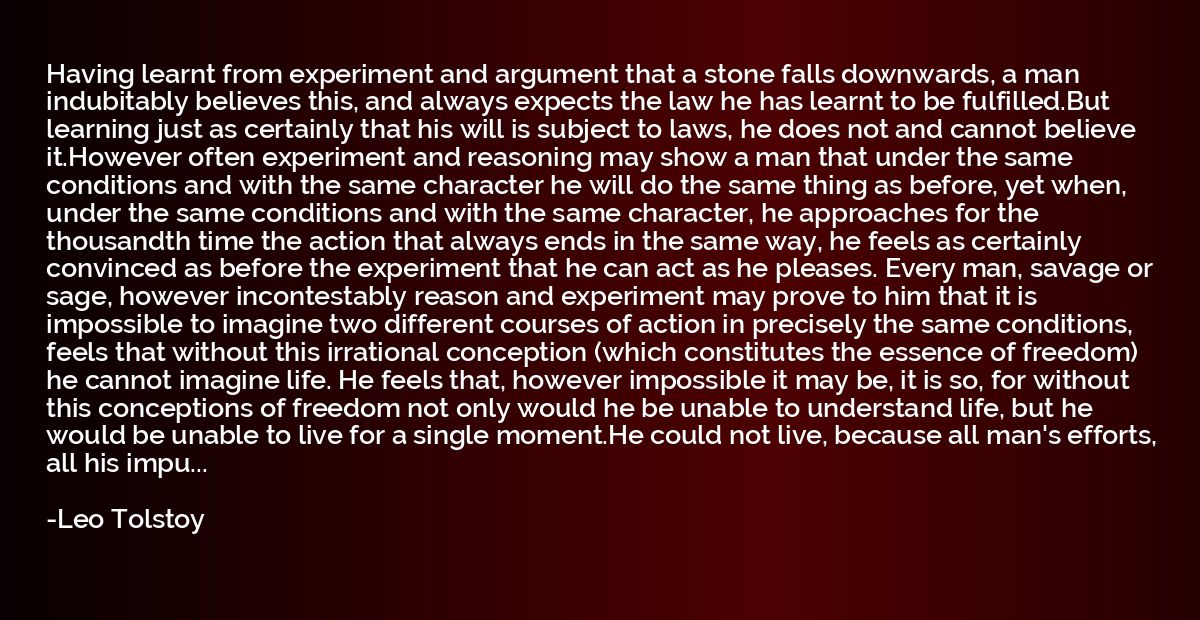
Summary
This quote is explaining the contradictory nature of human belief and perception when it comes to freedom. The author argues that while people readily accept and believe in natural laws such as gravity, they are reluctant to believe that their own actions are determined by laws. Even though reason and evidence may show that our actions are predictable under certain conditions, we still hold onto the irrational notion of freedom because it is essential for our understanding and experience of life. The author suggests that freedom is a foundational concept that drives human motivation and existence, and without it, life would be unimaginable and devoid of meaning. Additionally, the author implies that consciousness and reason are separate entities, as reason fails to fully grasp or justify the concept of freedom.



